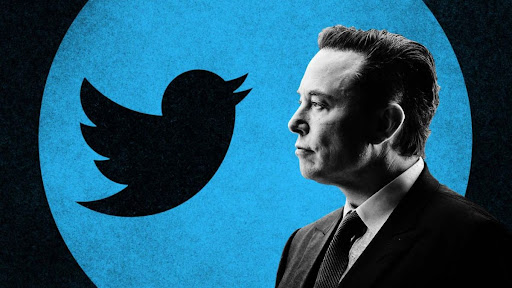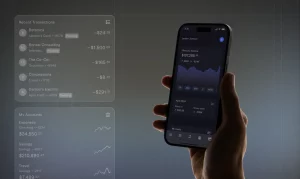Twitter is actively seeking the person responsible for the recent leak of parts of its source code, which was posted on Microsoft-owned GitHub. According to The New York Times, the code had been available online for months before Twitter took action to have it removed on Friday. Executives investigating the matter say the leak may have been done by an employee who left the San-Fransico-based company last year.
GitHub, which took down the code on that same day, has also been subpoenaed by Twitter to identify the individual who leaked the code, as well as any other parties who may have downloaded it.
The GitHub account of the person who leaked the code is still online with the username “FreeSpeechEnthusiast”, which seems to be a direct nod to Elon Musk’s self-proclaimed title of “free speech abolitionist.” Twitter’s source code appeared to be the only thing the pseudonymous user has posted.
The investigation executives have attributed the responsibility for the leak to one of the 7,500 individuals who either resigned or were laid off since October when Elon Musk acquired Twitter for $44 billion. During his consecutive mass layoffs, Musk took measures such as completely locking the offices and limiting engineer access to the website code to prevent possible sabotage.
What this means for Africans
The fact that the leak may have been caused by a disgruntled former employee is also relevant to African businesses and organisations. Employee theft of company property, such as source code, is not unique to Twitter, and it can be detrimental to the growth and success of companies in Africa.
The leaked source code includes security vulnerabilities that could give hackers the means to extract data or even take down Twitter. The leak poses a cybersecurity threat not only to Twitter as a business but also to the millions of African users who rely on the platform for communication, news, and business purposes.
African startups can take heed of this story as a reminder of the importance of maintaining cybersecurity protocols and safeguarding their proprietary information from internal and external threats. Especially at this time when several African tech startups are laying off employees to “streamline business operations” or shut down completely.
The news of this leak comes days after Elon Musk announced that Twitter would publicly release the code used to recommend tweets on March 31st. Musk had hoped that by allowing anyone to review the code, flaws could be identified and addressed to improve the platform. Twitter has been experiencing mounting outages, bugs, and glitches that have not gone unnoticed by users and businesses that advertise on the platform.
Emails to Twitter asking for comments on the matter have been responded to with a poop emoji.





















